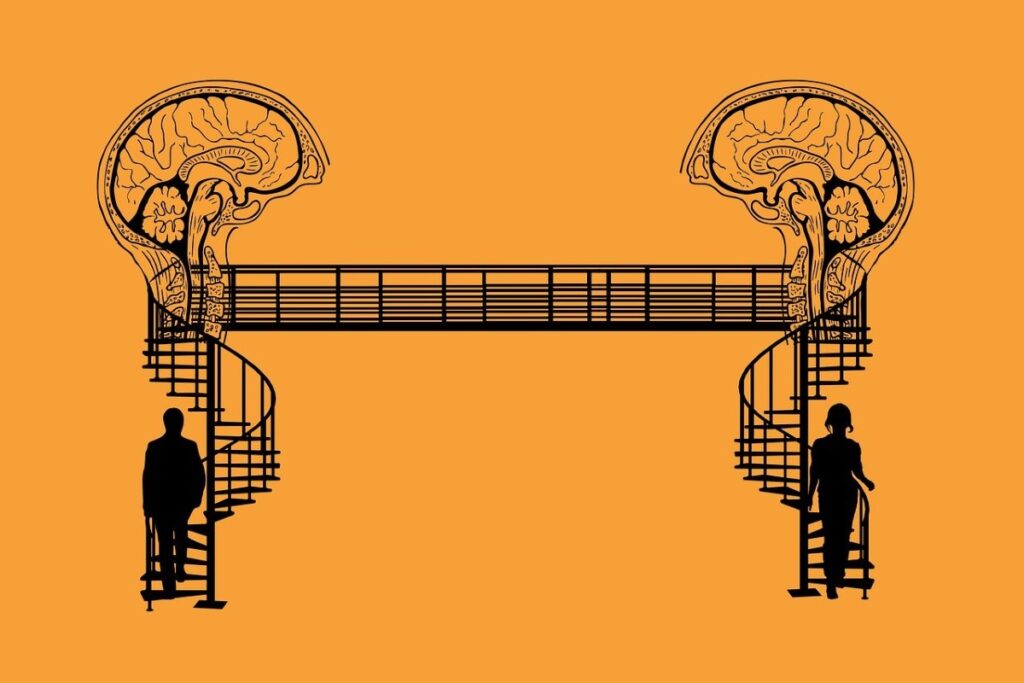Satirified publishes a newsletter called Saturday Satire
The Psychology of Satire: Why We Laugh at the Truth
The Cognitive Appeal of Satire:
At its core, satire works by subverting our expectations. It takes familiar situations, beliefs, or figures and presents them exaggeratedly or absurdly, prompting us to see them in a new light. This cognitive dissonance—where what we expect is contrasted with what is presented—triggers a response that can range from amusement to discomfort.
Psychologically, laughter is a way of resolving this dissonance. When satire highlights the absurdity or hypocrisy of a situation, we laugh as a way of processing the underlying truth. This laughter is not just about finding something funny; it’s about recognizing the gap between what is and what ought to be. Satire allows us to confront difficult truths in a less threatening way, making it easier to acknowledge and discuss them.
Humor as a Coping Mechanism:

Humor, including satire, is often used as a coping mechanism to deal with complex or distressing situations. When faced with uncomfortable truths—such as political corruption, social injustice, or existential threats—satire provides a way to engage with these issues without being overwhelmed by them. The humor in satire acts as a buffer, allowing us to approach serious topics with a sense of detachment and resilience.
Moreover, satire can help us make sense of a chaotic and unpredictable world. By exaggerating certain aspects of reality, satire provides clarity and perspective, helping us to see the underlying patterns and power dynamics that might otherwise be obscured. In this way, satire not only entertains but also empowers, giving us the tools to navigate and critique the world around us.
The Emotional Impact of Satire:

While satire often makes us laugh, it can also evoke a range of other emotions, from anger and frustration to empathy and hope. The emotional impact of satire depends on its ability to resonate with our values, beliefs, and experiences. When satire aligns with our perspective, it can reinforce our convictions and motivate us to take action. Conversely, when it challenges our views, it can provoke introspection or defensiveness.
The effectiveness of satire also hinges on its timing and context. Satire that is timely and relevant can have a powerful impact, crystallizing public sentiment and sparking important conversations. However, satire that is poorly timed or misinterpreted can fall flat or even backfire, leading to misunderstandings or backlash.
The Role of Satire in Socialization:
Satire plays a significant role in socialization, shaping how we perceive and engage with the world. Through satire, we learn to question authority, recognize hypocrisy, and challenge societal norms. This process of socialization is particularly important in democratic societies, where satire serves as a check on power and a catalyst for change.
Furthermore, satire fosters a sense of community by bringing people together through shared humor and critique. Whether through satirical television shows, cartoons, or social media memes, satire creates a space for collective reflection and discussion. It encourages us to see ourselves and others with a critical eye, fostering a culture of accountability and self-awareness.
The psychology of satire reveals why we laugh at the truth and how humor can be a powerful tool for understanding and coping with reality. By subverting expectations and highlighting the absurdities of life, satire engages both our minds and emotions, prompting us to reflect on the world around us. As a form of social commentary, satire not only entertains but also educates and empowers, proving that laughter is not just a reaction but a means of making sense of the truth.
Satire has a unique way of making us laugh while simultaneously exposing uncomfortable truths about society, politics, and human nature. But why do we find satire so compelling, and what does it reveal about the way we process information and emotions? This article delves into the psychology of satire, exploring why we laugh at the truth and how humor can be a powerful tool for understanding and coping with reality.



